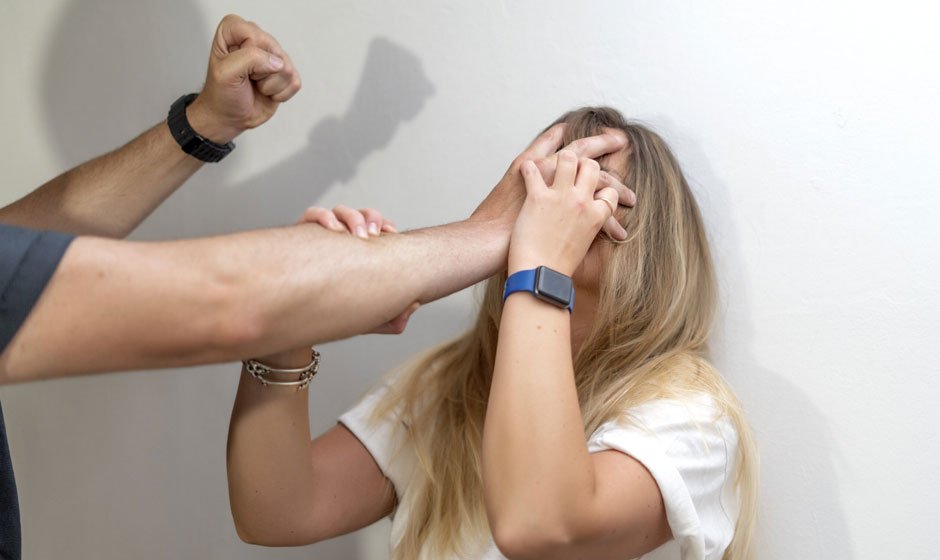How to Handle Being Charged with Domestic Violence – A Guide

Violence is never acceptable outside of war and when two people are in a relationship, stress can cause disagreements, which can become physical. If you are ever on the receiving end of a Domestic Violence Order (DVO), you should seek legal counsel prior to responding.
There are various types of DVO, which are as follows:
- TPO – Temporary Protection Order, which is commonly used in emergency situations when immediate protection is required.
- PO – Protection Order is also known as a Restriction Order (RO) is a formal order handed down by a court to provide long-term protection.
- Consent Order – A Consent Order is an agreement between the two parties involved in domestic violence, which is validated by a court. The agreement might include child support, visitations and asset sharing and when the two lawyers have finalised, the documents are submitted to the court for the order to be issued.
- Hearing Granted Order – This would be issued by a court after hearing both party’s cases and would have a long period of validity.
Consult with a criminal defence lawyer
Search online for a domestic violence attorney and arrange an appointment; it is vital that you consult with a legal professional in the event you discover that a charge of domestic violence has been lodged against you. Of course, there are always two sides to a story and the Australian Federal Law system presumes a person to be innocent until found guilty. You will have your chance to respond to the charge and your lawyer will assist in the preparation of supporting evidence.
How to respond
If a police officer contacts you to inform you that you have been charged with a domestic violence offence, you should only confirm your ID and acknowledge the charge. Don’t say anything until you have spoken with an experienced criminal lawyer, a professional who knows how to respond in every situation. It is important to remain calm, law enforcement have no opinion, they are merely doing their job, so be polite and respectful and you will be treated likewise. If you frequently suffer with headaches, here is an informative article that might help.
Who can be charged with domestic violence?
A partner, ex partner, sibling, parent or child could be charged with domestic violence due to an altercation; it is often the case that alcohol is involved, which only makes matters worse.
Adhere to legal protocol
An experienced criminal lawyer fully understands how the legal system works and would make sure that you follow the correct procedure; your lawyer can give you essential moral support, which is often needed in such circumstances.
Of course, you will be given details of the charge and your lawyer would call a confidential meeting with you to discuss the options. If an order has been issued, you must comply, otherwise, you risk imprisonment and through your lawyer, you can build your case and respond accordingly.



